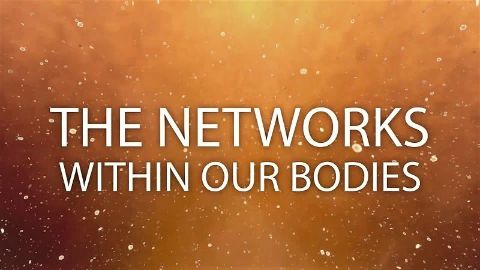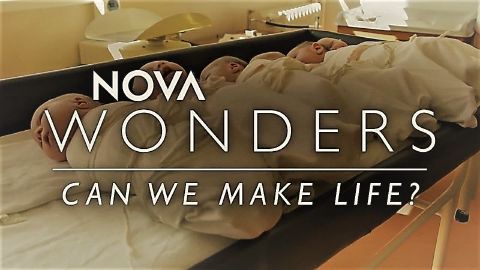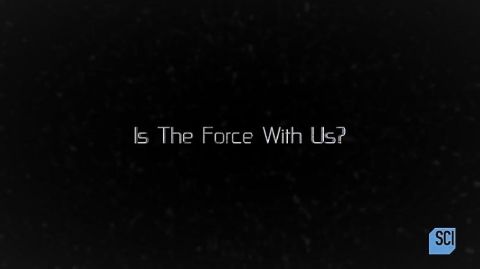Can Science Make Me Perfect? • 2018
Anatomist Alice Roberts embarks on an audacious scientific stunt - to rebuild her own body from scratch, editing out errors left behind by evolution; to create the perfect body. With the help of one of the world's best virtual sculptors, Scott Eaton, and top SFX model maker Sangeet Prabhaker, Alice creates a life-size model of the perfect human body, to be revealed in front of 150 people at London's Science Museum. Through natural selection, animals have evolved incredible biological designs, from supersharp senses to superpowered limbs. Alice is on a hunt to find the very best designs the natural world has to offer and use them to fix the flaws in our own human anatomy. By meeting leading medical and animal experts, Alice finds out what the body's biggest problems are, and how amazing adaptations in the rest of the animal kingdom could provide inspiration for her perfect body. Using incredible CGI to morph her existing body into new forms, she demonstrates how rethinking our bodies could overcome millennia of natural selection. Finally, in an epic reveal, Alice unveils the life-sized model of her perfect self in the Science Museum. There, in front of an audience, Alice meets the 'perfect human' version of herself for the first time. Ambitious, audacious and packed with cutting-edge science, Can Science Make Me Perfect? With Alice Roberts challenges everything you thought you knew about the perfect body.
Make a donation
Buy a brother a hot coffee? Or a cold beer?
Hope you're finding these documentaries fascinating and eye-opening. It's just me, working hard behind the scenes to bring you this enriching content.
Running and maintaining a website like this takes time and resources. That's why I'm reaching out to you. If you appreciate what I do and would like to support my efforts, would you consider "buying me a coffee"?
Donation addresses
BTC: bc1q8ldskxh4x9qnddhcrgcun8rtvddeldm2a07r2v
ETH: 0x5CCAAA1afc5c5D814129d99277dDb5A979672116
With your donation through , you can show your appreciation and help me keep this project going. Every contribution, no matter how small, makes a significant impact. It goes directly towards covering server costs.





